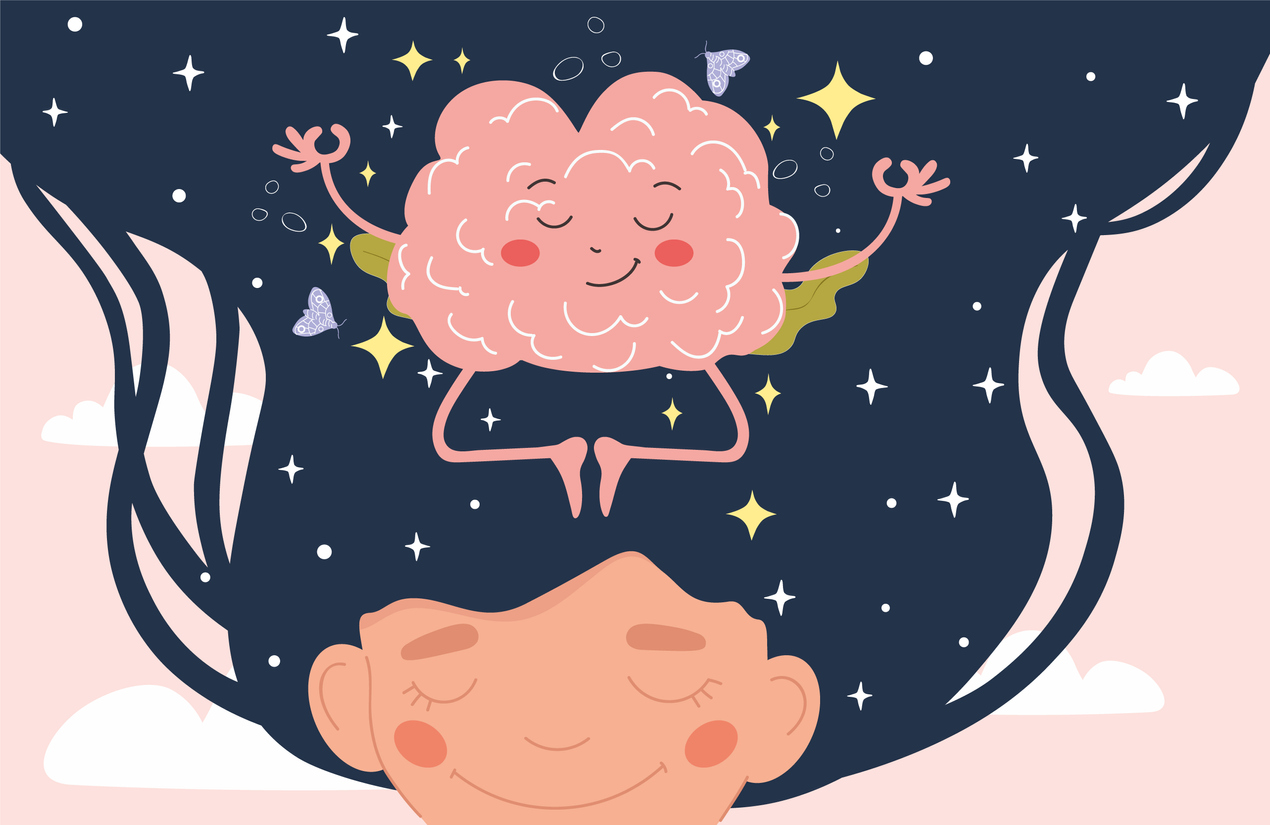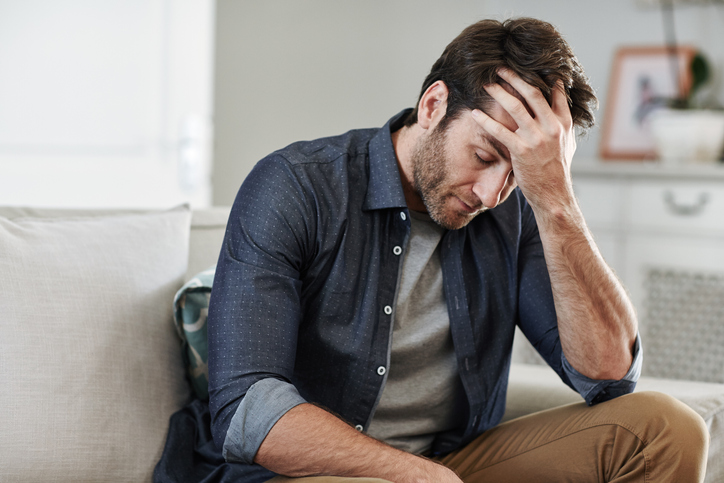Living with Chronic Pain
5 Tips for Managing Guilt Associated With Chronic Pain
Source: National Center for Biotechnology Information: U.S. National Library of Medicine: National Institutes of Health, Everyday Health, Arthritis Foundation, American Psychological Association, Everyday Health, WebMD

2 people found this helpful
Print
Share
Save
The experience of living with chronic pain often comes with feelings of guilt. Guilty feelings may originate from relying on others, being unable to keep social or work commitments, or from lack of control of pain levels. This guilt can negatively impact relationships as well as personal physical and emotional well-being. Therefore, it is important for anyone with chronic pain to learn to manage any feelings of guilt associated with their chronic pain.
Five tips for coping with guilt associated with chronic pain include the following:
- Learn to accept pain as much as possible. Learning to accept pain instead of constantly fighting against it may help reduce negative emotions, including guilt. Accepting chronic pain doesn’t necessarily mean being okay with the way things are. It simply means accepting the reality that chronic pain is a daily part of life that needs to be managed. If necessary, a counselor or therapist can help with acceptance and coping skills. Acceptance commitment therapy may be beneficial.
- Look for evidence that a problem actually exists. Oftentimes, feelings of guilt are worse than the situation actually is. If guilt is associated with relying on another person, ask that person if they feel burdened. If they do not, let go of the guilty feelings. Think about if the situation were reversed: If the person helping you were the one needing help instead, would that feel like a burden to you?
- Keep things in perspective. For example, if a social commitment needs to be rescheduled due to pain levels, consider what might happen if the commitment was kept. If keeping the commitment would increase pain, being fully present and involved in the event would be very challenging if not impossible. The increased pain could also lead to a sleepless night, missed day(s) of work, or other consequences. Rescheduling the commitment for another day or time when pain levels are low would allow for more involvement in the event, make it more enjoyable, and reduce or eliminate any negative consequences.
- Make self-care a priority. Taking on too much in order to try to avoid guilty feelings can backfire. Overextending and doing too much can wreak havoc on pain levels. Prioritize self-care by saying “no” to tasks that require too much energy or cause too much pain so that it’s possible to say “yes” to the most important tasks or tasks that are more reasonable to complete.
- Stop using the word “should.” Instead of focusing on what should be done, focus on what can be done or what has already been accomplished. Try to manage things that can be controlled, such as eating healthy meals, spending time with supportive friends/family, and modifying activities. This will help rebuild self-esteem.


















